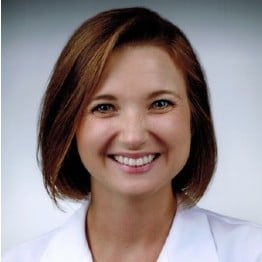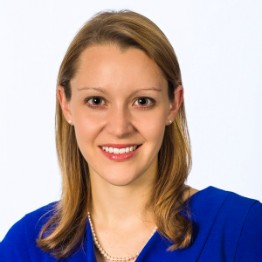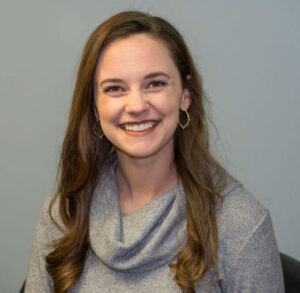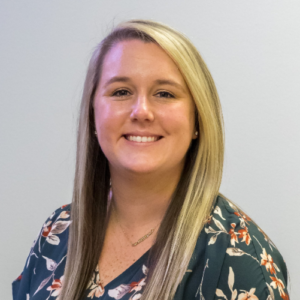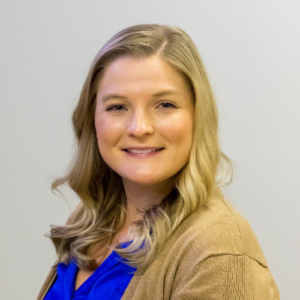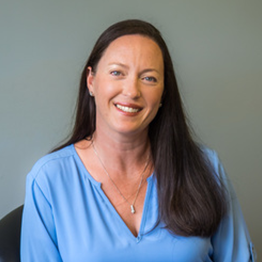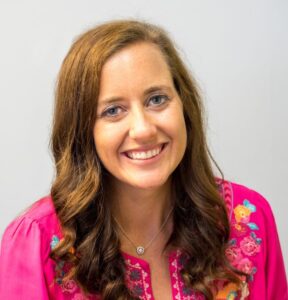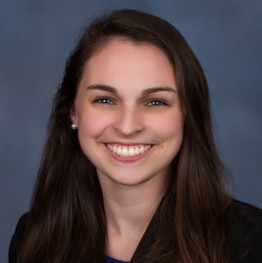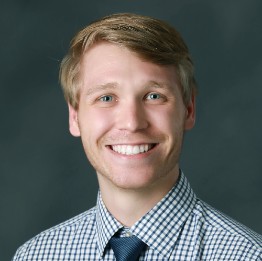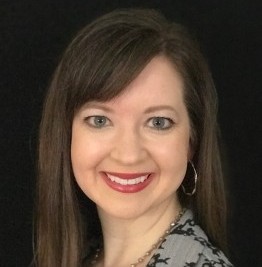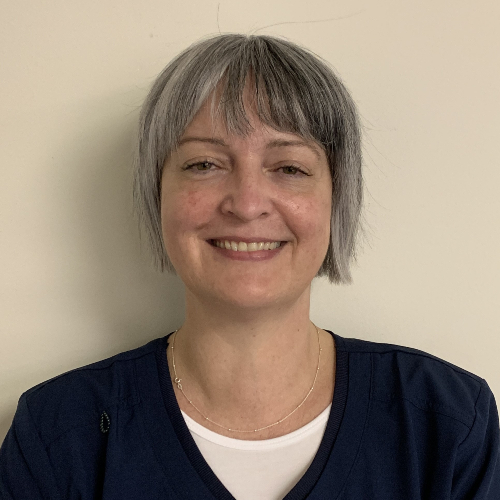When you are looking for a general health care provider, terminology and jargon can be confusing. Most likely you have come across the term “primary care provider” in your search for a physician or CRNP to care for your overall health. But what is primary care, who provides it, and where can you go to find a physician that meets these needs? Our patients are at the heart of all we do here Innova Primary Care. We know that navigating the medical system can be daunting and downright intimidating if you are not sure where to start.
Finding a primary care physician is one of the most important steps towards your health and well-being.
Primary care physicians serve as the entry point into healthcare. They are responsible for providing patients with comprehensive care including annual check-ups, counseling, maintenance of health, diagnostics, treatment of chronic or acute illness, and many other components of care. For many of us, our primary care physician is the first stop, they are the gatekeepers of our health. While there are multiple specialty healthcare practices, most general health concerns can be met and cared for by a PCP (primary care physician).
According to the Institute of Medicine, primary care is defined as:
“The provision of integrated, accessible health care services by clinicians who are accountable for addressing a large majority of personal health care needs, developing a sustained partnership with patients, and practicing in the context of family and community.”
Primary care is an invaluable portion of the medical community at large.
Within the United States, there are a little over 216 physicians (of all types) for every 100,000 people. 69.1 of those 216 are considered primary care physicians. However, when you add nurse practitioners, like those who serve here at Innova Primary Care, and physician’s assistants, the number of medical professionals who provide primary care medicine jumps to 101.1 for every 100,000 residents. In simplistic terms, for every 1,000 people within the US, there is 1 primary care professional (physician, physician’s assistant, or nurse practitioner).
When you break this statistic down by state, the numbers change. At the bottom is the state of Mississippi with approximately 48 primary care physicians per 100,000. Alabama fares better with 59.2 PCPs for every 100,000 residents. At top of the list is DC which has 122.8 primary physicians per 100,000. Of great importance, specifically to those in rural places much like the areas surrounding Huntsville, is that primary care physicians are more likely to have a presence in non-metropolitan places. This is especially true of family physicians.
Clearly, the medical professional serving as the guardian of your health is of utmost importance. So, where can you go to find a PCP for your needs?
There are a variety of medical practices from which you can find a primary care provider.
Some physicians choose to work in private practice, referred to as solo practice, in order to maintain autonomy and control over how they choose to provide care. Still, other PCPs work in a group practice consisting of at least 2 physicians who share the same specialty and join forces to provide services within the same realm of care.
One thing to note is the difference between independently owned practice and hospital-owned practice. There has been a shift in the way medical practices are run. According to the American Medical Association, 2016 marked the first time in history that the percentage of physicians who had at least some ownership of their practices dipped below 50 percent. This statistic represents, in part, the rise in hospital-employed physicians and practices.
What is the difference between independent and hospital-owned practices? It has become increasingly difficult for smaller independent practices to compete with hospital systems in today’s day and age. Consider all the paperwork and data collection that goes into a single doctor’s visit. Many practices simply cannot keep up with the demands from insurance companies and the task of caring for patients consecutively.
Hospital systems are acquiring private practices more than ever before. Data from the Center for Health and Innovation and Implementation Science shows that in 2018, physicians working for hospital systems jumped by at least 63 percent. While there are certainly excellent providers in both independent and hospital-owned practice, what does this shift represent in healthcare? They are most certainly negatives and benefits to both. Let’s look a little closer.
Perhaps the most advantageous aspect of hospital-owned care is standardization. All of your health records are in one location. If you see a primary care provider within a hospital system, you can easily find a specialty physician, receive care, undergo necessary treatments and/or surgeries all in the same place. The flip side to this is that hospital-owned practices can easily fall victim to depersonalization. Physicians and providers must adhere to strict policies set forth by the hospital system the work for.
Independently owned practices can still implement standard policies and procedures, but they are able to do so without losing sight of their core values and commitments. For instance, Innova Primary Care is committed to changing healthcare from the inside out. This means that we work from a place of truth and honesty and our autonomy allows us to practice, within the bounds of best practices, in the best way we see fit. We do not have a quota to fill. We are able to make referrals based on who we believe will be best for our patients without staying within a given hospital system.
Wherever you are, we hope that you have found a primary care physician you feel comfortable and confident with. There are incredible physicians in both private practice and at hospital-owned facilities. The residents of Huntsville are lucky to have so many primary physicians who are capable to answer the call.

The World As We Know It
As we end today, we’d like to take a moment and discuss your physical and mental health during this pandemic. Please read on for a few tips on how to make the most of the time you have.
In these uncertain times, Innova Primary Care wishes you all health and wellness. We know that none of us have lived through a time such as this. We are all learning how to navigate this new normal. Please remember to be kind to yourself. Grace abounds in situations such as this one. The entire world is in the midst of a shift. Here are a couple of things to consider now more than ever.
- Take care of your physical health
If you believe you begin to experience symptoms related to COVID-19 such a fever, cough, difficulty breathing, consult your medical provider for the next steps you should take. Innova is here to answer your questions and guide towards next steps.
For the rest of you, this is a great time to discover healthy meals and incorporate more activity into your day. Rest is also crucial. It’s tempting to stay up and binge watch shows because, hey, what else is there to do? However, sleep is one of the pillars of health and necessary for all systems within your body to function properly.
- Take care of your mental health
The isolation we are all experiencing can be challenging for even the most mentally strong. In fact, the American Psychological Association acknowledges that whilst we are in the midst of a global health pandemic, we are also facing a psychological pandemic as well. Collectively, society has changed. Many are mourning the loss of income, stability, face to face interaction, and more. Please do not minimize what you are feeling. Reach out and stay connected as best you can while continuing to shelter in place to protect yourself and others.
So, how do you connect with others while staying physically away? This is a great time to “virtually” visit with family and friends. You can schedule calls and video chats to keep yourself engaged.
If you’d rather send letters through the mail, do this instead. All that we ask is that you continue to actively engage in your life. We are all frightened to some degree. We don’t know what life will look like. However, we can all learn to thrive during this new normal.




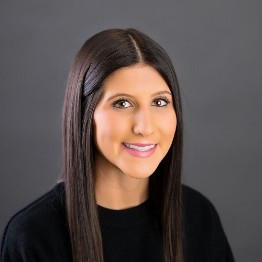 About
About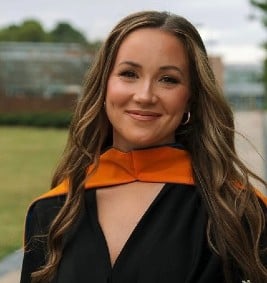
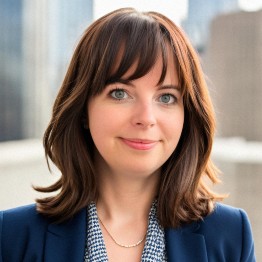
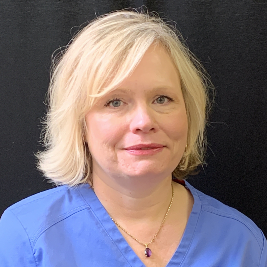 About
About About
About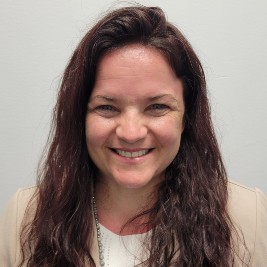 About
About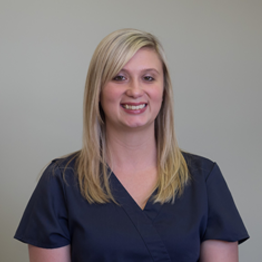
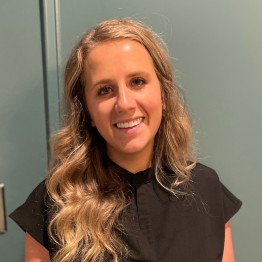 About
About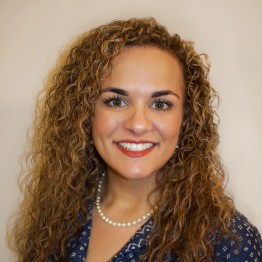 About
About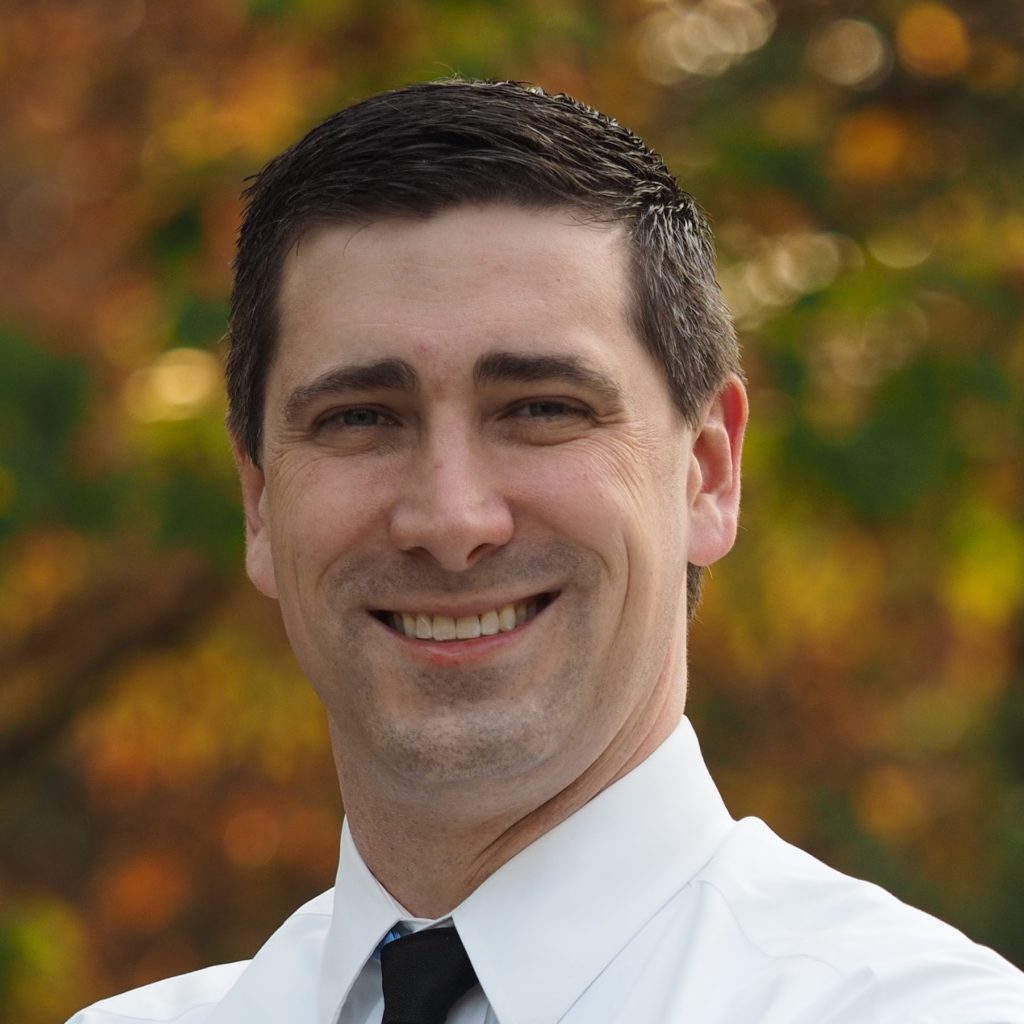
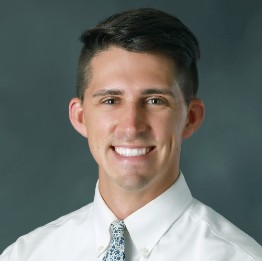
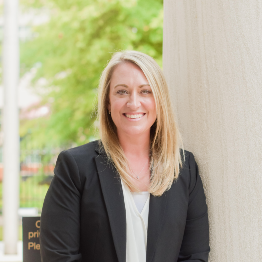 About
About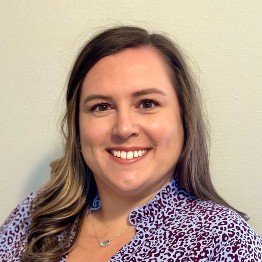 About
About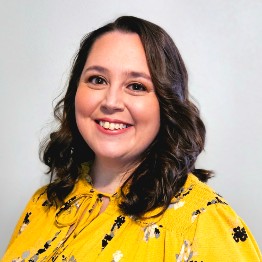 About
About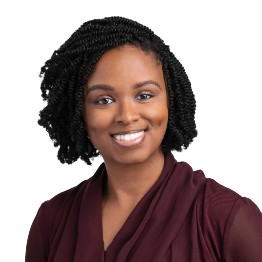 About
About